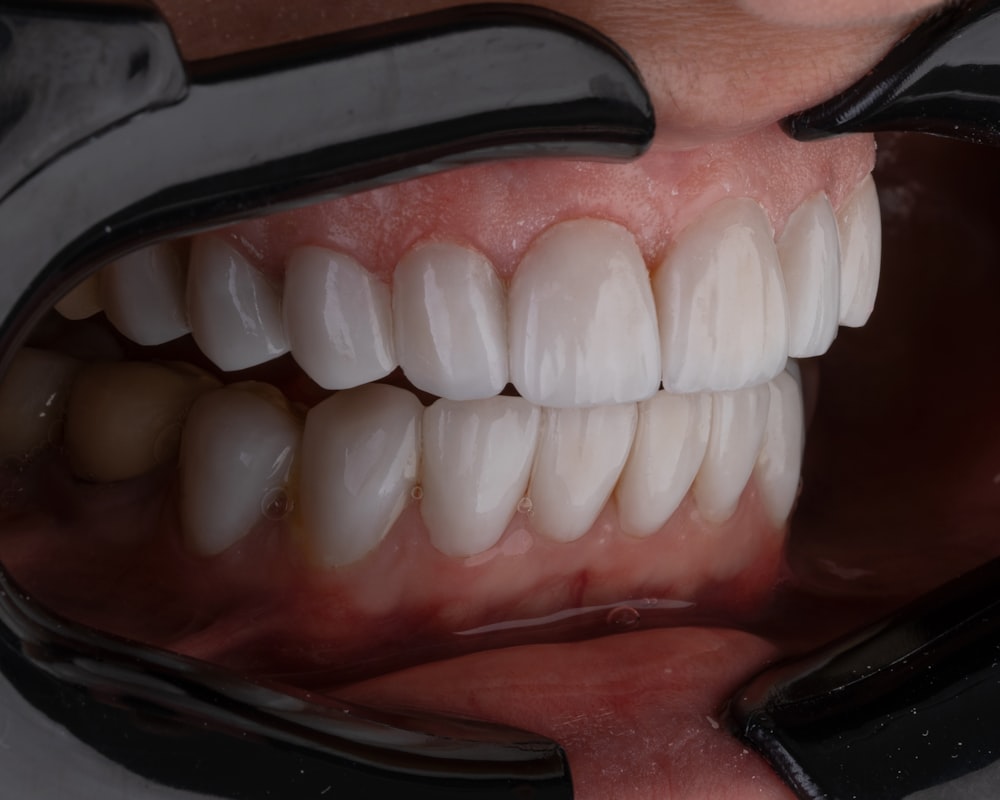
Although many mistakenly think minimal care equates to no upkeep, artificial grass is a low-maintenance alternative to a genuine lawn. Even though artificial lawns don’t need to be watered or mowed as frequently as real ones, artificial lawn maintenance Pompano Beach, FL is still necessary to keep yours looking great. For your artificial lawn to last and prove to be a wise purchase, you must maintain it regularly, just like other houses.
Avoid Spills And Burns
To maintain your artificial lawn’s health, you must be careful of spills and burns. While most stains can be removed with a mild cleaner, there are certain situations in which you should avoid them. Food and beverages can stain your lawn, so keep the area clean by rinsing up spills as soon as possible. For drinks, a towel can be used to soak up spills.
Besides avoiding spills and burns, you should also be aware of the heat sources that can damage your turf. For example, the heat from BBQs, bonfires, and other reflective surfaces should never be allowed to touch your artificial lawn. Using water-based herbicides in these areas is better as it won’t damage the blades or cause the turf to change color. Another important safety tip when maintaining an artificial lawn is keeping it away from heating elements. As an artificial lawn absorbs heat more readily than real grass, it can become damaged by excessive heat.
Power Wash
If you’ve decided to power wash your artificial grass, here are some important tips to keep in mind. First, before using a pressure washer:
- Ensure you’ve removed any objects that might catch the water and injure your pets.
- Wear closed-toed shoes and wear protective clothing while using a pressure washer.
- Make sure the nozzle is 12 inches (30 cm) from your turf, and always use the lowest PSI available. You can also use the spray at an angle to fluff up the grass.
Do not use very high-pressure water to clean your artificial lawn. It can cause the infill to squish, ruining the grass’s texture. Secondly, high-pressure nozzles can bend artificial blades of grass. Damaged turf may require replacement. Therefore, power washing your lawn should only be done with a special surface cleaning attachment. Finally, while using a garden hose to rinse dirt and debris is safe, you should contact a lawn cleaning expert to perform a more thorough cleaning.
Avoid Moss And Weeds
To keep your artificial grass looking as nice as possible, you need to avoid moss and weeds. While some weeds and moss are harmless to the soil, others can cause problems for your artificial lawn. To avoid moss and weeds, follow a few simple steps. First, you can use an apple cider vinegar solution to prevent the growth of invasive plants. This solution is effective against weeds and moss and will not harm your grass backing.
Remember to keep a brush for artificial grass when preventing weeds and moss on your artificial lawn. Using a natural-bristle brush when brushing the grass is important, as these bristles are gentle but effective. Brushing your artificial grass can make a noticeable difference in its appearance. The frequency of brushing will depend on the foot traffic it receives.
Remove Heavy Snow
If you live in an area that receives heavy snowfall, you might wonder how to remove it. You must be careful to avoid damaging your artificial grass because it is designed for maximum durability. However, frozen temperatures can deposit moisture on top of the surface, and footsteps can compact settled layers of frost into ice. It makes it slippery, and it can lead to damage. You can use a plastic shovel to remove heavy snow from your artificial lawn. Keep the shovel a few inches above the grass to ease the melting process. It is also important not to use chemical deicers, as they can damage your artificial grass.
While salt is useful in melting snow, it can clog up the turf’s backing and prevent drainage. Therefore, you should only apply salt sparingly. Heavy snow will not harm the grass fibers, but it will reduce the drainage capacity of the artificial lawn. Additionally, snow will create a thick icy layer on your artificial lawn, increasing slipping hazards and deteriorating drainage. If you do not remove heavy snow from your artificial lawn, you may damage it further.




